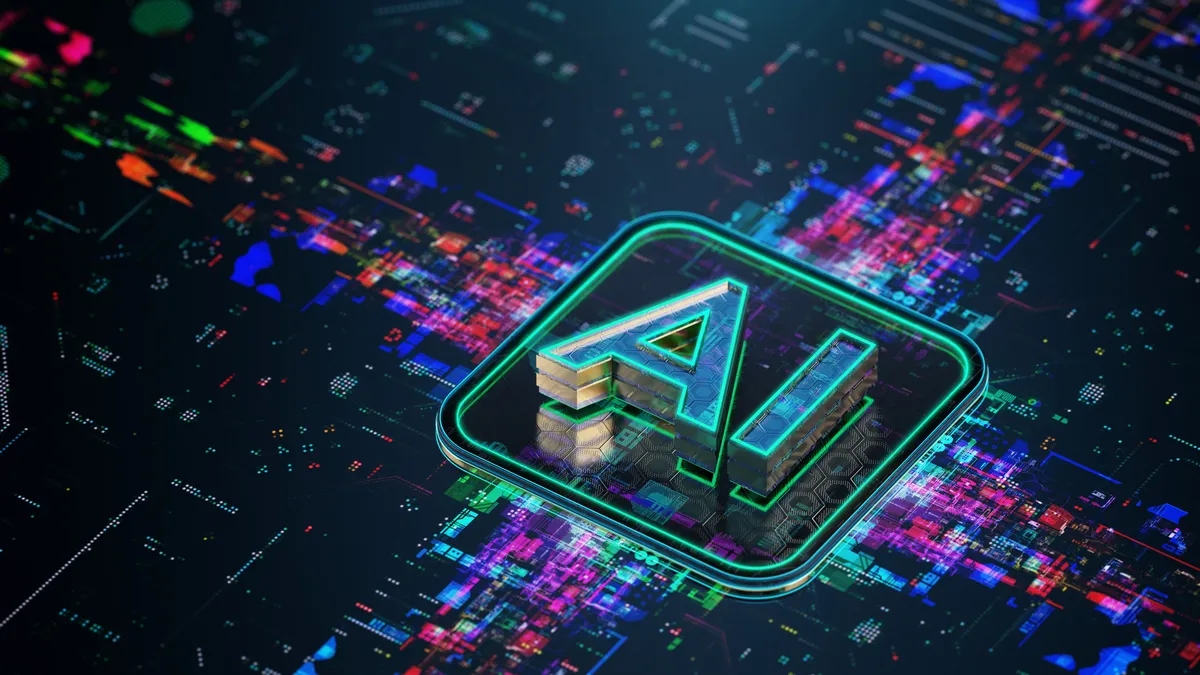This month marks a year since OpenAI released ChatGPT into the market, and several large banks are charging ahead to take primacy in harnessing the burgeoning technology.
JPMorgan Chase is walking U.S. regulators through the bank’s first set of generative AI pilot projects to let them see the controls in process, Lori Beer, JPMorgan’s global chief information officer, told Bloomberg this week.
"It's about helping regulators understand how we build the generative AI models, how we control them, what are the new vectors of risk," she told the wire service. "It's not only what we need to think about, but what they should think about.”
The AI applications JPMorgan is testing include ones that can generate earnings summaries for companies the bank follows, Beer said. The bank is also working on a help-desk service that arms users with problem-solving steps rather than links to related articles, Beer added.
Meanwhile, JPMorgan’s rival, Goldman Sachs, is working on a dozen projects meant to incorporate generative AI into its business practices, George Lee, co-head of the bank's Office of Applied Innovation, told Reuters.
The projects include writing code in English-language commands, and the ability to generate documentation, Lee said, adding that none of the projects are client-facing, out of regulatory concerns.
"We're moving very deliberately, very carefully, very thoughtfully," Lee told Reuters.
Not to be outdone, Morgan Stanley has spent months testing a generative AI bot meant to serve as a virtual assistant for financial advisers who must quickly navigate troves of data.
While Morgan Stanley chose to develop its tool with OpenAI, JPMorgan Chase went its own way — applying in May to trademark technology it calls IndexGPT, which would use artificial intelligence to select investments for customers.
JPMorgan’s Beer was cautious to note that IndexGPT was just in the application stage and not a product in development.
"It's not a tomorrow thing, it's one of the spaces in which we've been working, and we want to protect our [intellectual property],” she told Bloomberg.
Beer added she expects it will be at least the first half of 2024 “before we're ready to say anything is in production.”
Goldman’s Lee, meanwhile, said generative AI’s ability to offer responses to financial questions means human financial advisers will need to up their game to earn the fees they charge customers.
"It's a fascinating forcing function for businesses to recognize they need to raise the bar for the services they deliver to clients," Lee told Reuters.
Foteini Agrafioti, chief science officer at the Royal Bank of Canada, told American Banker the technology’s possibilities are “endless in servicing and potentially in advice,” but added it’s “not ready for prime time as much as it would be potentially in other sectors because of the sensitivity of the domain.”
RBC is developing applications with large language models to enable bankers to advise clients while sifting through mountains of policies and procedures. While a proof of concept at this point, the bank plans to deploy the technology later this year, Agrafioti told American Banker, calling it a “good, solid first step toward client servicing because it allows us to have human oversight.”
Regardless of what stage of development various banks label their AI-related projects, one aspect that appears to remain constant is enthusiasm.
In his annual letter to shareholders, JPMorgan CEO Jamie Dimon said AI could be integrated into "every single process" of the bank's operations, calling the technology "extraordinary and groundbreaking.”
McKinsey projects that generative AI could deliver up to $340 billion in annual value in the banking industry, including through increased productivity.
But Beer again warned that though it may be easy to “build things quickly” with the technology, “the harder part is the validation and the controls.”
"On this one, you have to see guardrails from regulators to drive the right outcomes," she told Bloomberg.














